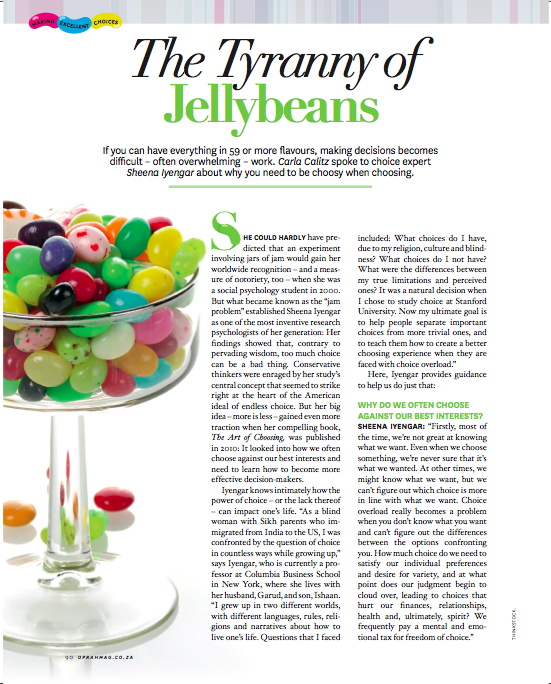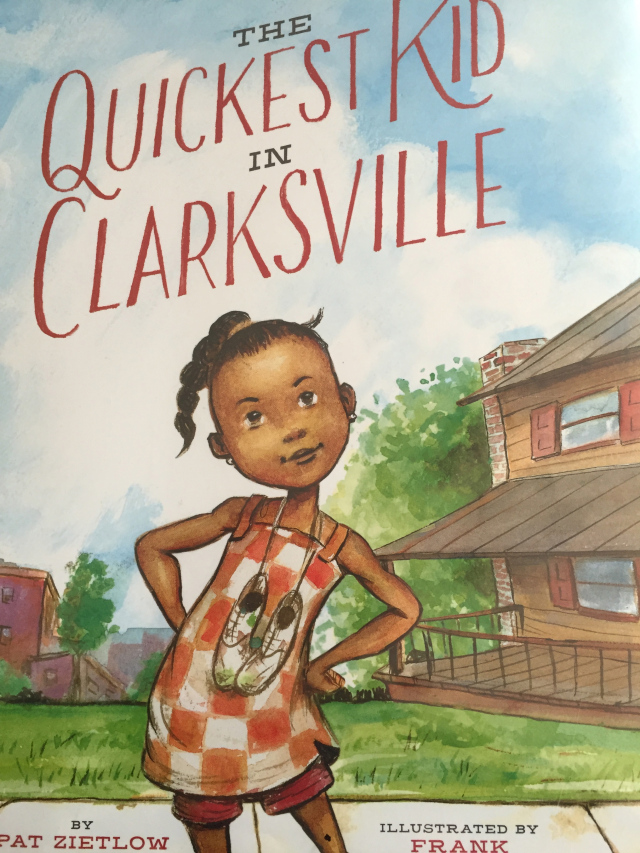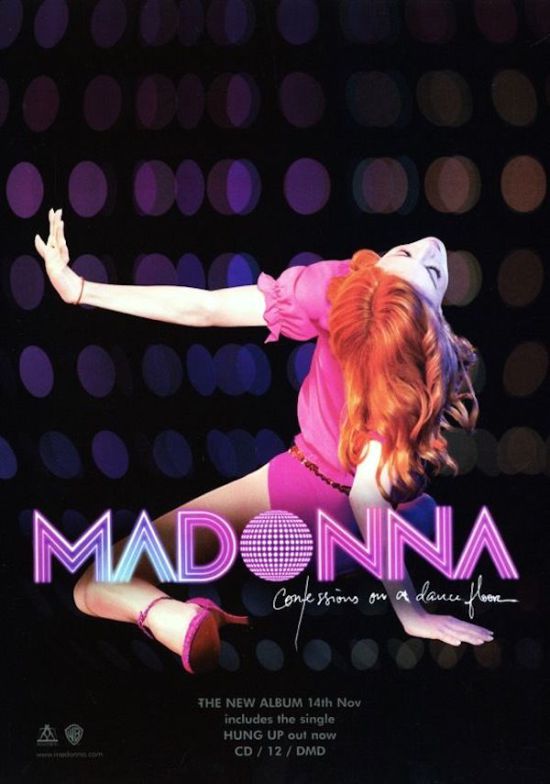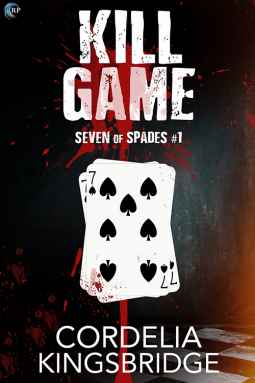She could hardly have predicted that an experiment involving jars of jam would gain her worldwide recognition – and a measure of notoriety, too – when she was a social psychology student in 2000. But what became known as the “jam problem” established Sheena Iyengar as one of the most inventive research psychologists of her generation: Her findings showed that, contrary to pervading wisdom, too much choice can be a bad thing.
Conservative thinkers were enraged by her study’s central concept that seemed to strike right at the heart of the American ideal of endless choice. But her big idea – more is less – gained even more traction when her compelling book, The Art of Choosing, was published in 2010: It looked into how we often choose against our best interests and need to learn how to become more effective decision-makers.
Iyengar knows intimately how the power of choice – or the lack thereof – can impact one’s life. “As a blind woman with Sikh parents who immigrated from India to the US, I was confronted by the question of choice in countless ways while growing up,” says Iyengar, who is currently a professor at Columbia Business School in New York, where she lives with her husband, Garud, and son, Ishaan. “I grew up in two different worlds, with different languages, rules, religions and narratives about how to live one’s life.
“Questions that I faced included: What choices do I have, due to my religion, culture and blindness? What choices do I not have? What were the differences between my true limitations and perceived ones? It was a natural decision when I chose to study choice at Stanford University. Now my ultimate goal is to help people separate important choices from more trivial ones, and to teach them how to create a better choosing experience when they are faced with choice overload.”
Here, Iyengar provides guidance to help us do just that…
Read full article: OPRAH The Tyranny of Jellybeans 1 and OPRAH The Tyranny of Jellybeans 2






